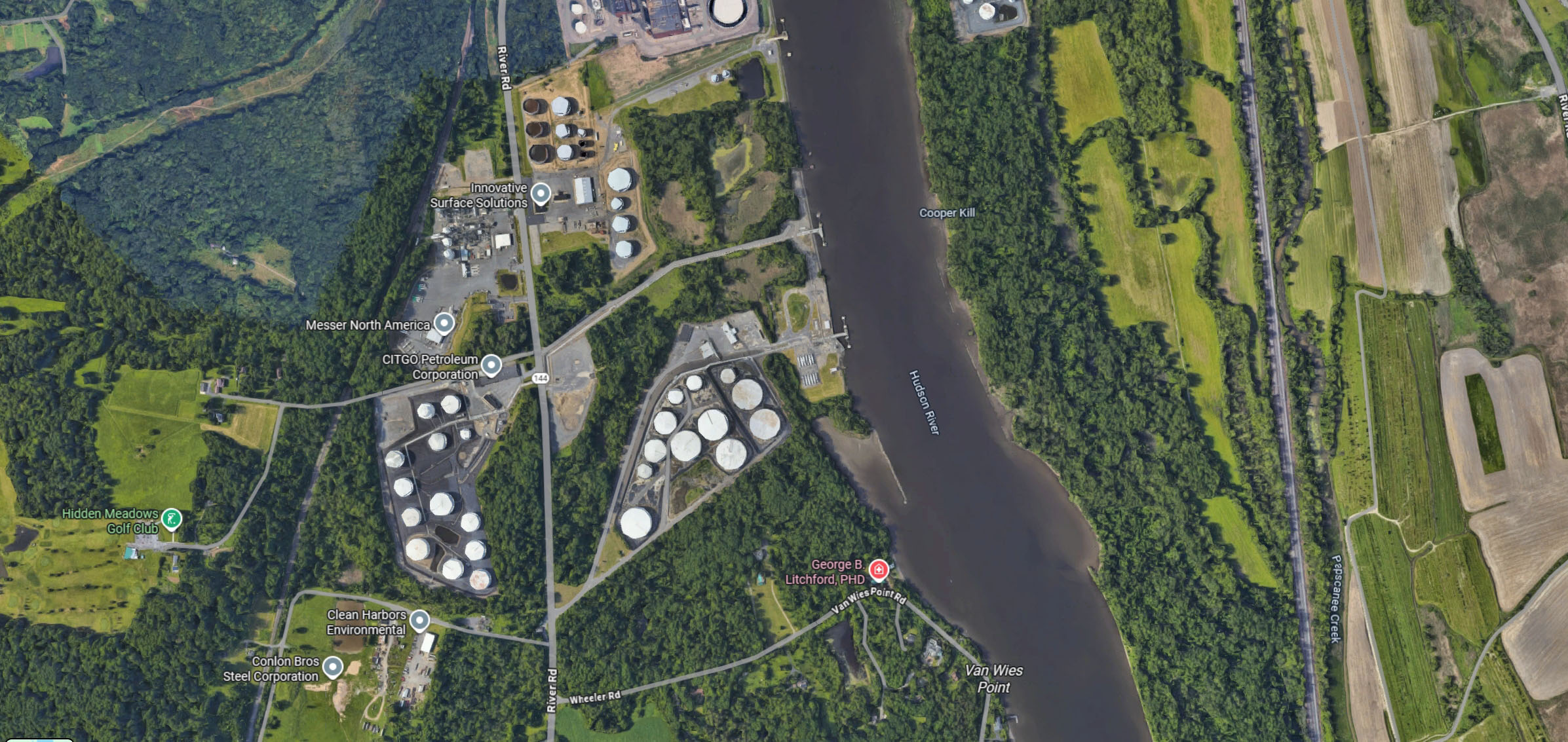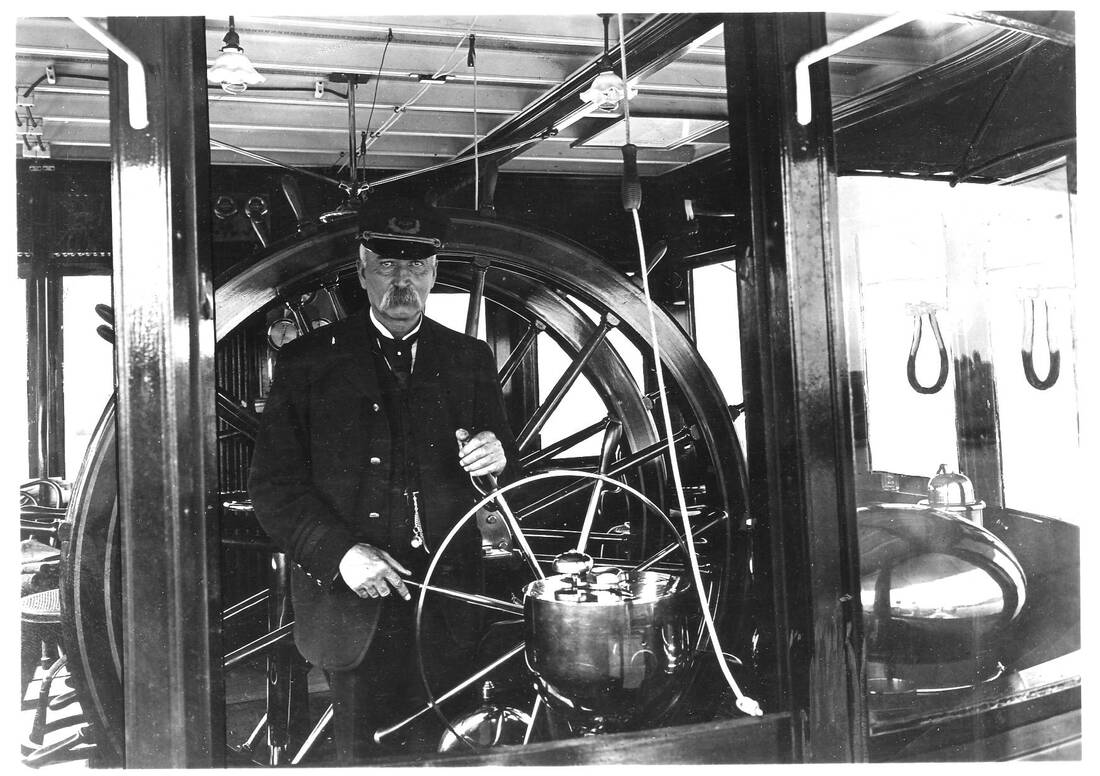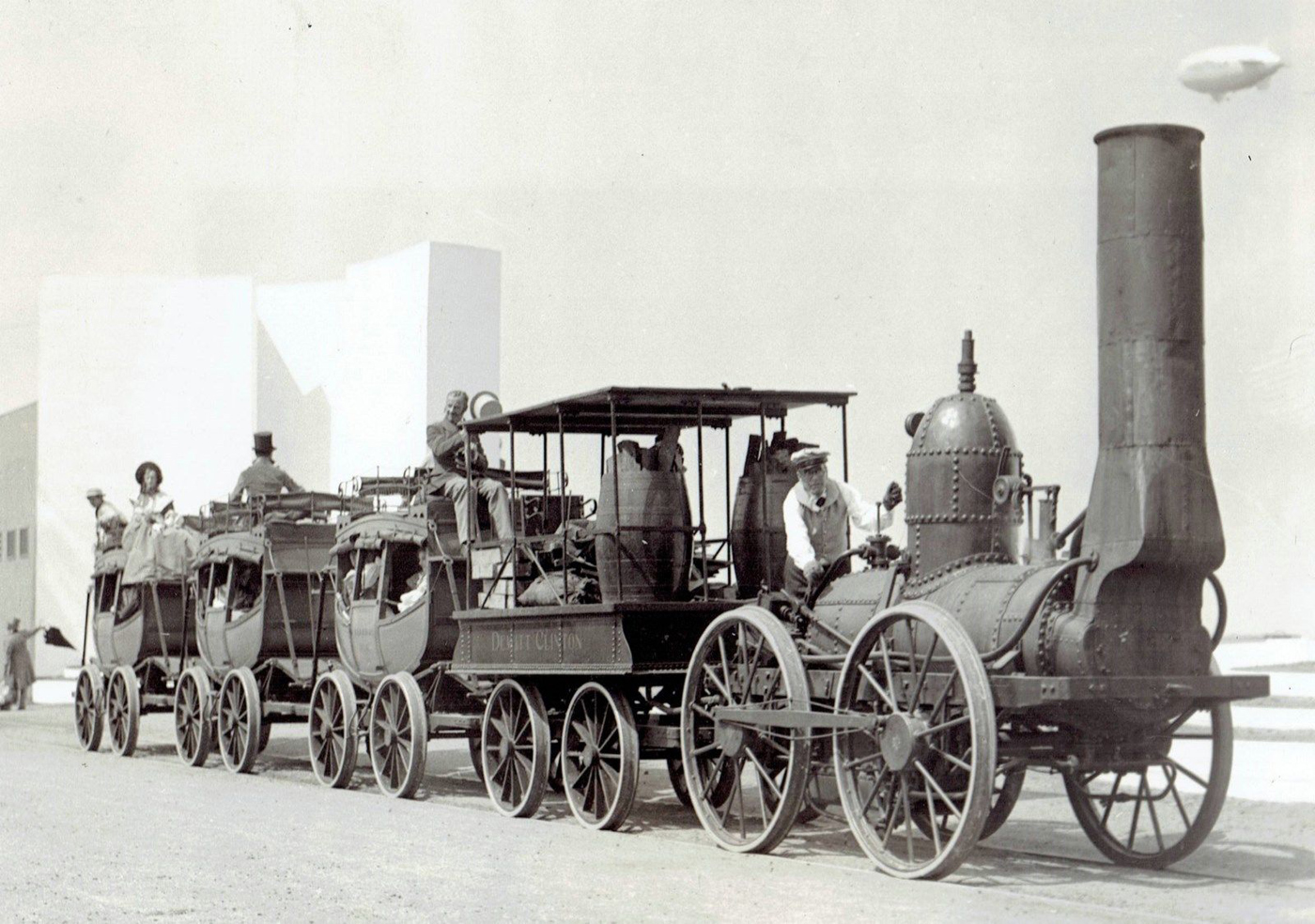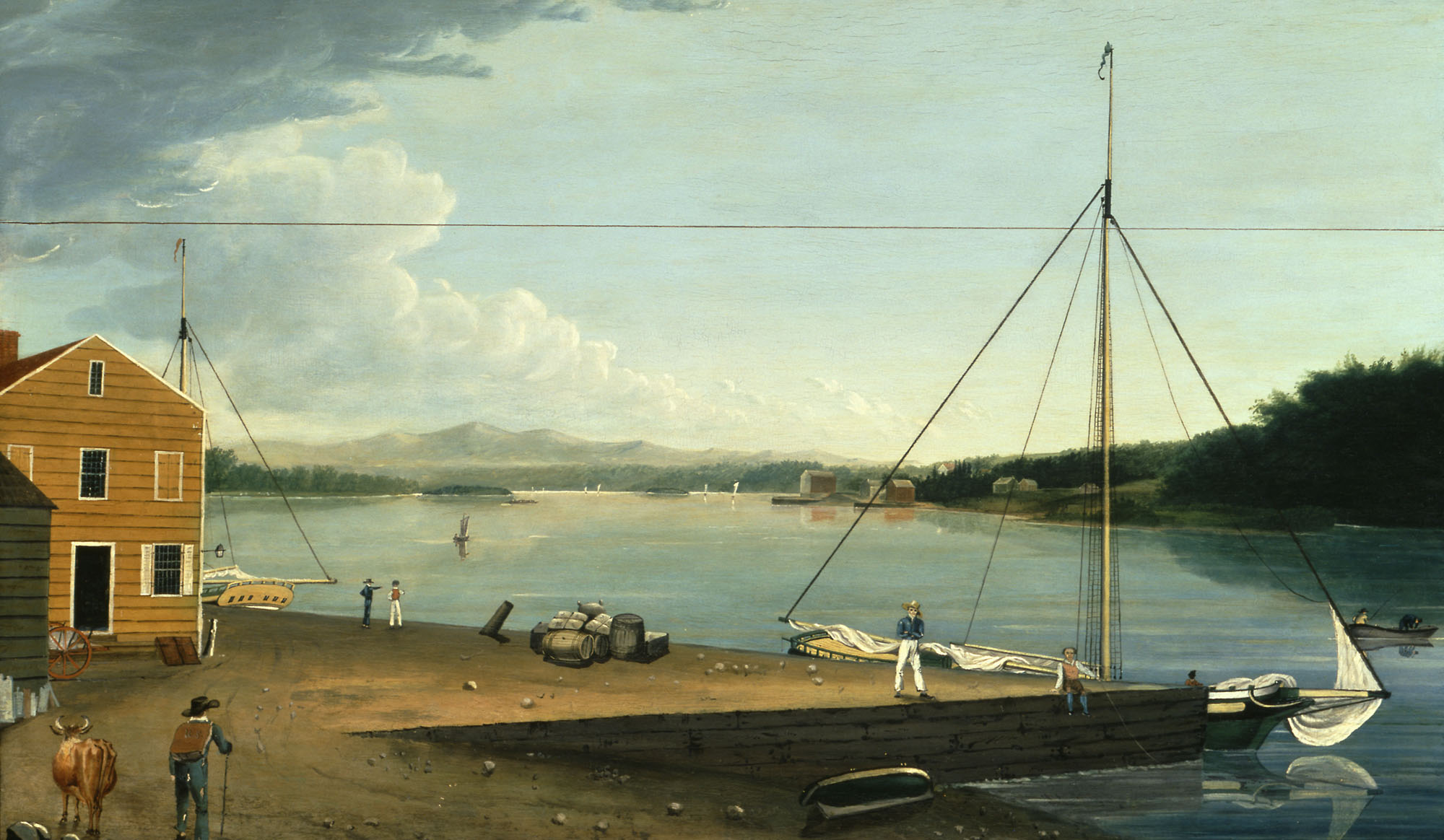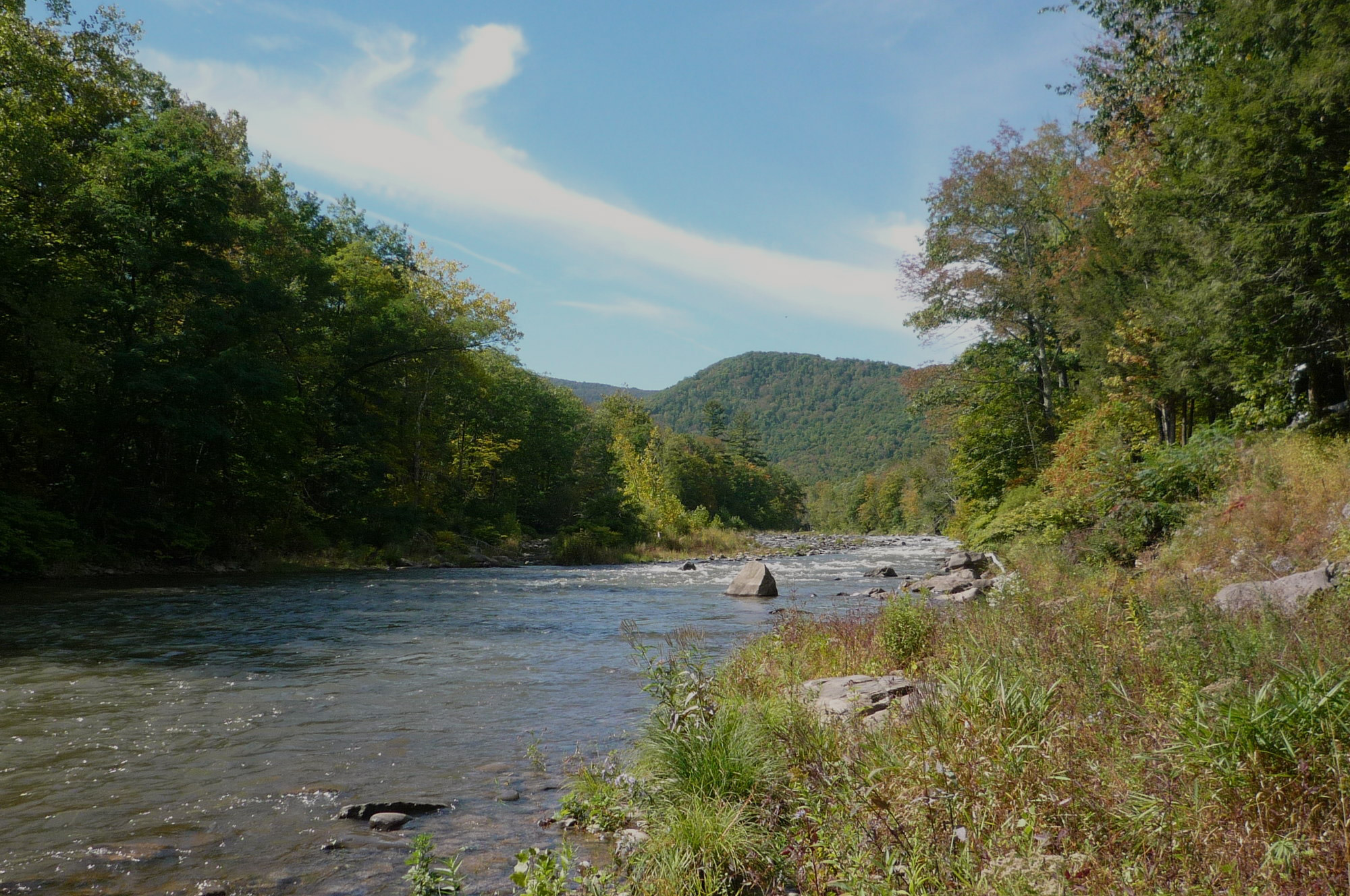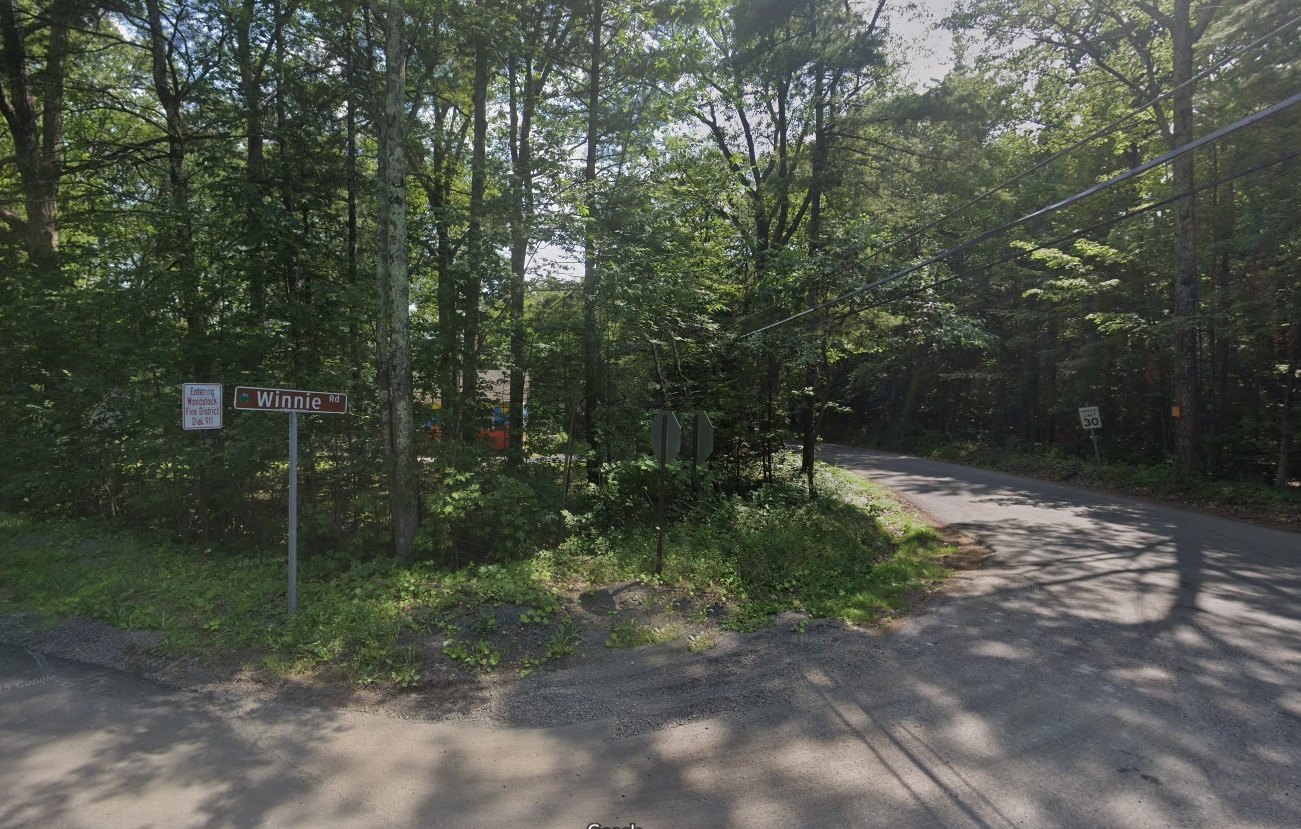The Winne Family and Their Hudson River Legacy in the 1600s and 1700s
The Winne family, early settlers in the Hudson Valley, carved out a remarkable legacy as farmers who harnessed the power of the Hudson River to transport their goods to New York City during the 17th and 18th centuries. Rooted in Bethlehem, New York, near Albany, their story is one of agricultural success and strategic use of one of America’s most vital waterways.
Origins of the Winne Family
The Winne family’s journey began with Pieter Winne, who hailed from Ghent, Flanders, and arrived in New Netherland by the late 17th century. By July 6, 1684, he had settled in Bethlehem, establishing a foothold in what would become a thriving farming community. Pieter’s joint will from 1677 reveals the family’s wealth in real estate, including farm property, sawmills, and timber lands, showcasing their prominence in the region. Descendants like Peter Peterse Winne, born around 1665, and Benjamin Winne, born in 1705, continued this tradition, cultivating the fertile lands of Bethlehem.
The Hudson River: A Lifeline for Trade
The Hudson River was the backbone of commerce in the 1600s and 1700s, serving as a bustling highway for goods moving between the interior of New York and the bustling port of New York City. Known as a “great natural highway,” the river carried everything from furs to farm produce on sloops—versatile vessels that defined trade in the Dutch and early American periods. Albany, just north of Bethlehem, was a key hub where local farmers gathered their harvests for shipment downriver. The Winne family, with their extensive farmland, undoubtedly tapped into this vibrant trade network, sending their produce to feed the growing markets of New York City.
Winne’s Dock: A Family Hub
A notable feature of the Winne family’s operations was Winne’s Dock, a likely docking point along the Hudson River. While its exact location is tied to local lore, the existence of Barent Winne Road in Selkirk, part of Bethlehem, hints at the family’s enduring presence near the river. This dock would have been a busy spot, where the Winnes loaded their crops—wheat, corn, and other staples—onto sloops bound for southern markets. The river’s tidal nature made it an ideal route, and the family’s proximity ensured they could efficiently connect their harvests to the wider world.
Barent Winne and the Family Legacy
Among the Winne family members, Barent Winne stands out in later records. Born on November 15, 1832, he was a farmer in Bethlehem, continuing the agricultural tradition established by his ancestors. While his life falls outside the 1600s and 1700s, his name reflects the family’s deep roots in the area, possibly linked to earlier figures who worked the land and river. The mention of Barent Winne Road further ties the family to the landscape they helped shape.
A Thriving Contribution
The Winne family’s story is a testament to the ingenuity of Hudson Valley settlers. Their farms fueled the region’s economy, and the Hudson River carried their goods to New York City, linking rural life to urban growth. From Pieter Winne’s arrival to the operations at Winne’s Dock, their efforts highlight the critical role of river transport in early American history. Today, their legacy lives on in the place names and historical records of Bethlehem, a reminder of a family that prospered by working the land and mastering the river.


